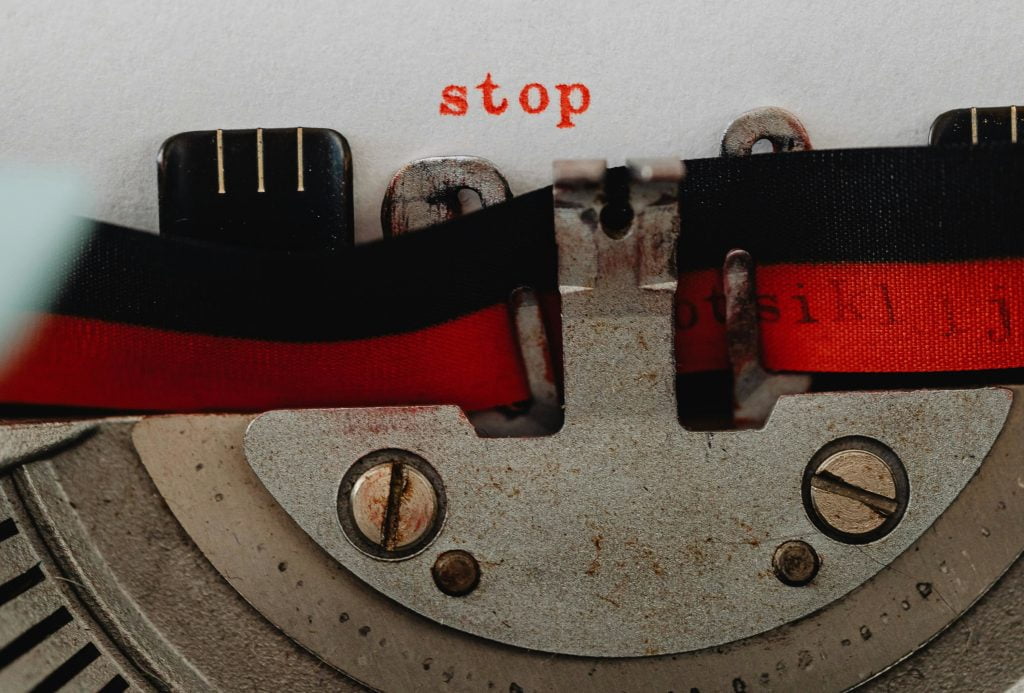Mahatma Gandhi once said, “Nobody can hurt me without my permission.” This profound statement carries deep wisdom. It speaks to our internal emotional strength and the control we have over our own emotions. Let’s explore this idea in depth, breaking it down into six insightful sections.
1. The Essence of Personal Empowerment
Gandhi’s quote is a powerful reminder of personal empowerment. It tells us that we have the ultimate authority over our emotions and reactions. When someone tries to hurt us, it is up to us whether we allow their actions to affect us deeply.
Personal empowerment means taking responsibility for our feelings. It’s about recognizing that external events and people do not control our inner peace. Instead, we hold the key to how we feel and respond. By accepting this, we begin to reclaim our power.
The moment we realize that no one can hurt us without our consent, we start to see ourselves differently. We become aware of our inner emotional strength. We understand that our worth and happiness are not dictated by others. This awareness is the foundation of personal empowerment.
2. Building Emotional Strength And Resilience
Emotional resilience is the ability to bounce back from adversity. It’s about handling stress and recovering from setbacks. Gandhi’s quote encourages us to build this resilience.
When we accept that no one can hurt us without our permission, we start to develop a thick skin. We learn to navigate through life’s challenges without being emotionally destabilized. This doesn’t mean we become indifferent or emotionless. Instead, it means we learn to manage our emotions better.
To build emotional resilience, start by acknowledging your feelings. Don’t suppress them. Understand why you feel hurt or upset. Once you identify the root cause, it’s easier to address it. Practice mindfulness and meditation. These techniques help in staying grounded and calm during turbulent times.
3. Practicing Mindfulness and Self-Awareness
Mindfulness is the practice of being present in the moment. It involves observing your thoughts and feelings without judgment. Self-awareness, on the other hand, is understanding your emotions, strengths, and weaknesses.
Gandhi’s quote is deeply connected to these practices. When we are mindful and self-aware, we can better control how we react to external events. We can decide not to give others the power to hurt us.
Begin by setting aside a few minutes each day for mindfulness. Sit quietly and focus on your breath. Notice the thoughts that come and go. This practice will help you become more aware of your inner world. Over time, you’ll find it easier to maintain your emotional balance, even in difficult situations.
4. Developing a Strong Sense of Self-Worth
Self-worth is believing that you are valuable and deserving of love and respect. It’s an essential aspect of not letting others hurt you. When you have a strong sense of self-worth, you are less likely to be affected by negative comments or actions.
Gandhi’s quote implies that our self-worth should not be dependent on others. It should come from within. To develop this, start by acknowledging your achievements and strengths. Celebrate your successes, no matter how small they seem.
Surround yourself with positive influences. Engage in activities that make you happy and boost your confidence. Remember, your worth is not determined by other people’s opinions. It’s determined by how you see yourself.
5. Setting Boundaries and Assertiveness
Setting boundaries is crucial for protecting yourself from emotional harm. It’s about knowing your limits and communicating them clearly to others. Assertiveness is expressing your thoughts and feelings confidently and respectfully.
Gandhi’s wisdom teaches us the importance of boundaries. By not allowing others to hurt us, we are essentially setting boundaries. We are saying, “This is not acceptable.”
Learn to say no without feeling guilty. Practice assertive communication. Use “I” statements to express your feelings. For example, say, “I feel disrespected when you speak to me that way.” This approach helps in maintaining your self-respect and dignity.
6. Embracing Forgiveness and Letting Go
Forgiveness is a powerful tool for healing. It’s about letting go of anger and resentment. When we hold on to these negative emotions, we allow others to continue hurting us. Gandhi’s quote encourages us to embrace forgiveness.
Forgiveness doesn’t mean condoning bad behavior. It means freeing yourself from the burden of anger. It’s about moving forward with a lighter heart. When you forgive, you take back control of your emotions.
Practice forgiveness by empathizing with those who hurt you. Try to understand their perspective. This doesn’t justify their actions, but it helps in letting go. Focus on the lessons learned rather than the pain experienced.
Conclusion
Gandhi’s quote, “Nobody can hurt me without my permission,” is a testament to the power of personal choice and emotional strength. By understanding and applying this wisdom, we can lead more empowered and fulfilling lives. Embrace personal empowerment, build emotional resilience, practice mindfulness, develop self-worth, set boundaries, and embrace forgiveness. In doing so, you reclaim your power and protect your inner peace.
We have another Daily Motivational Quote recommendation for you.


